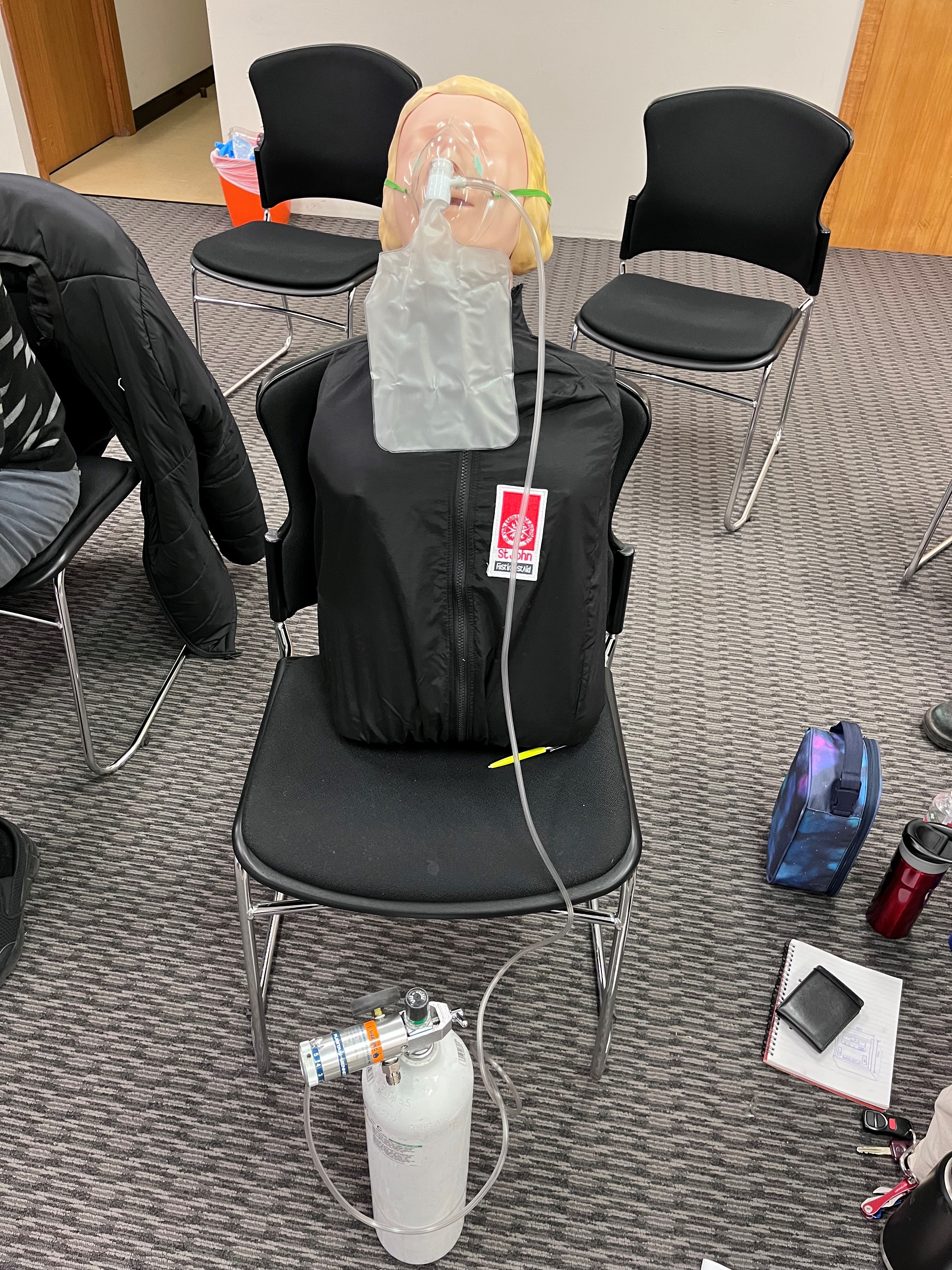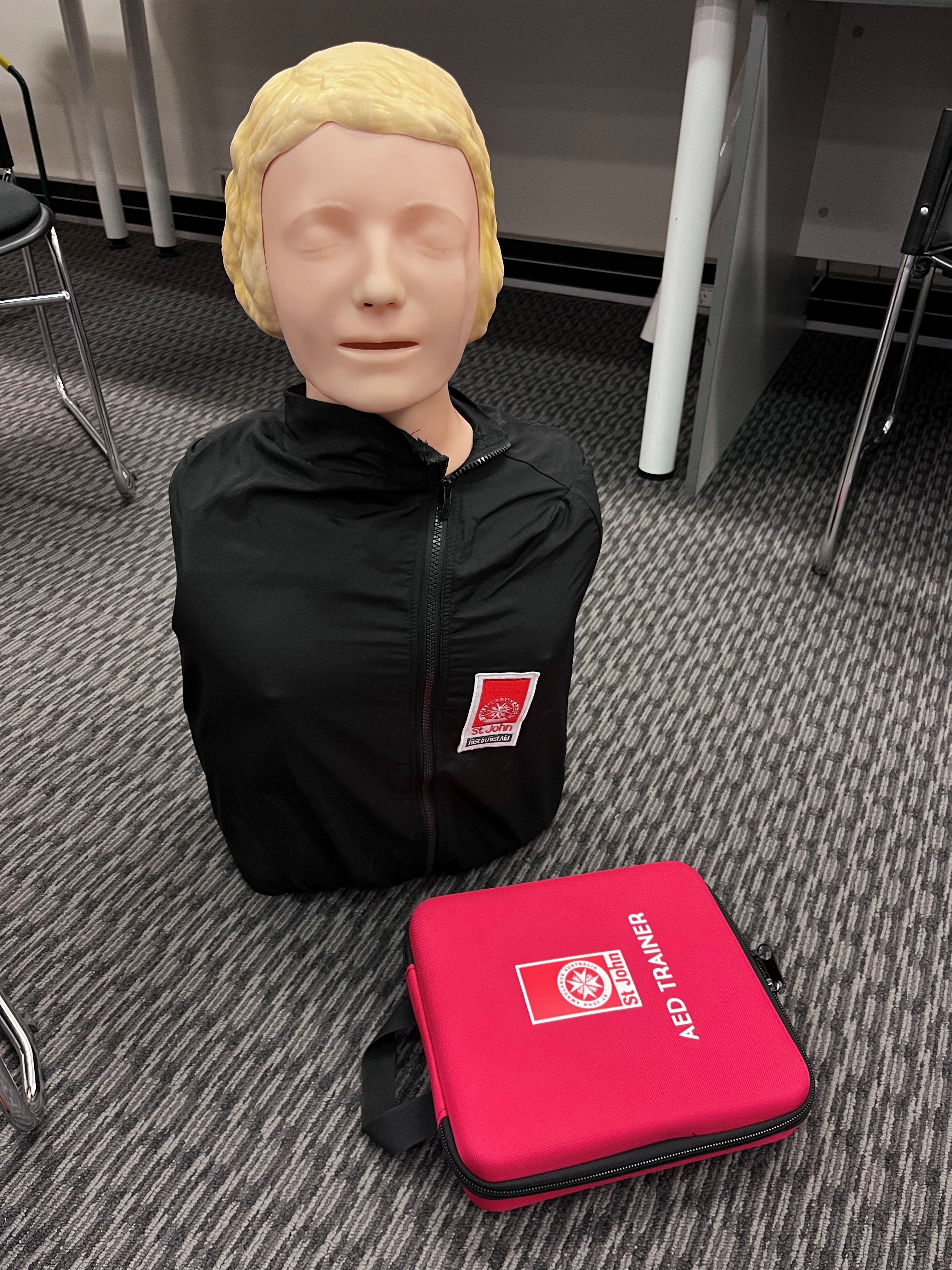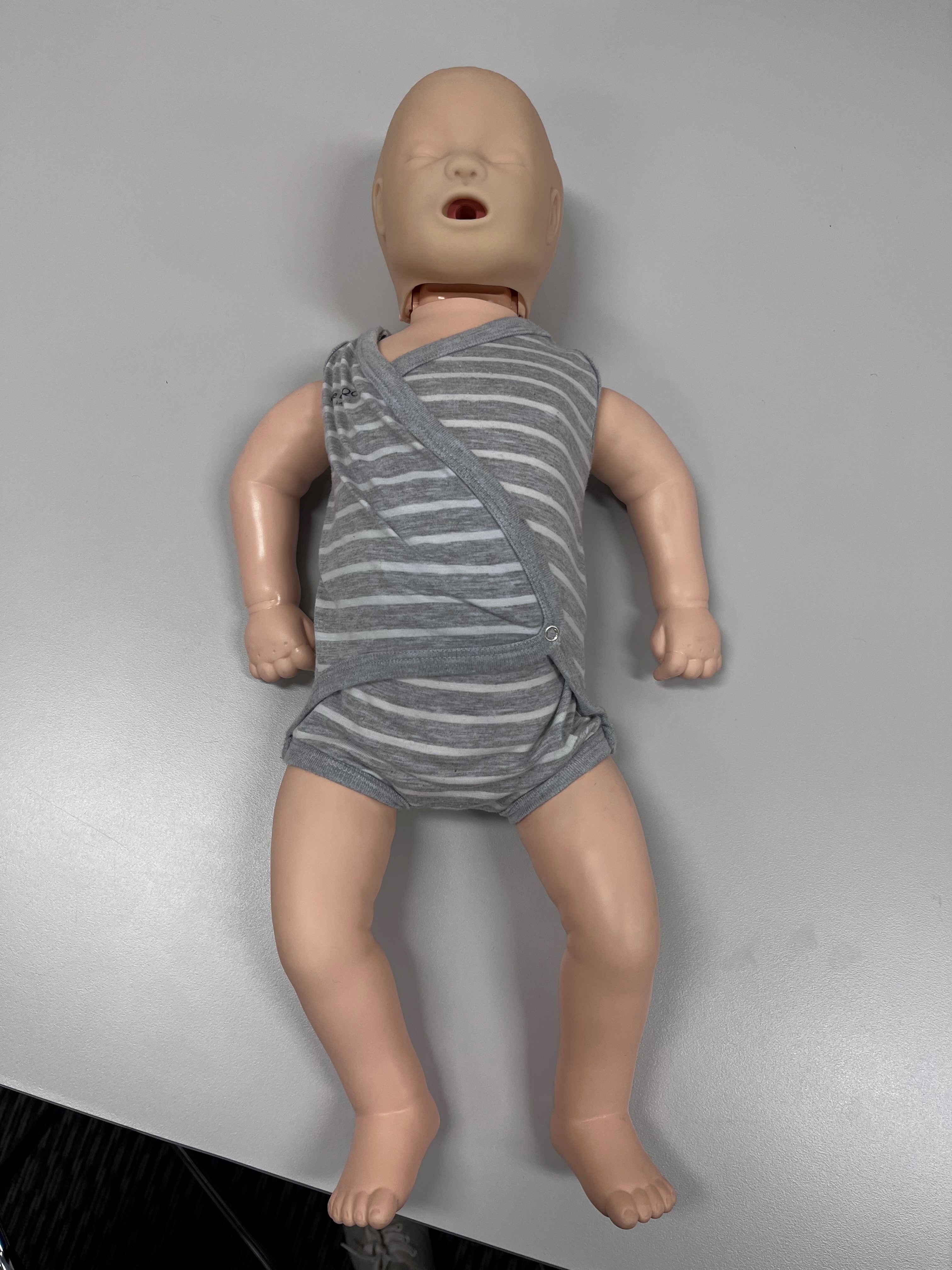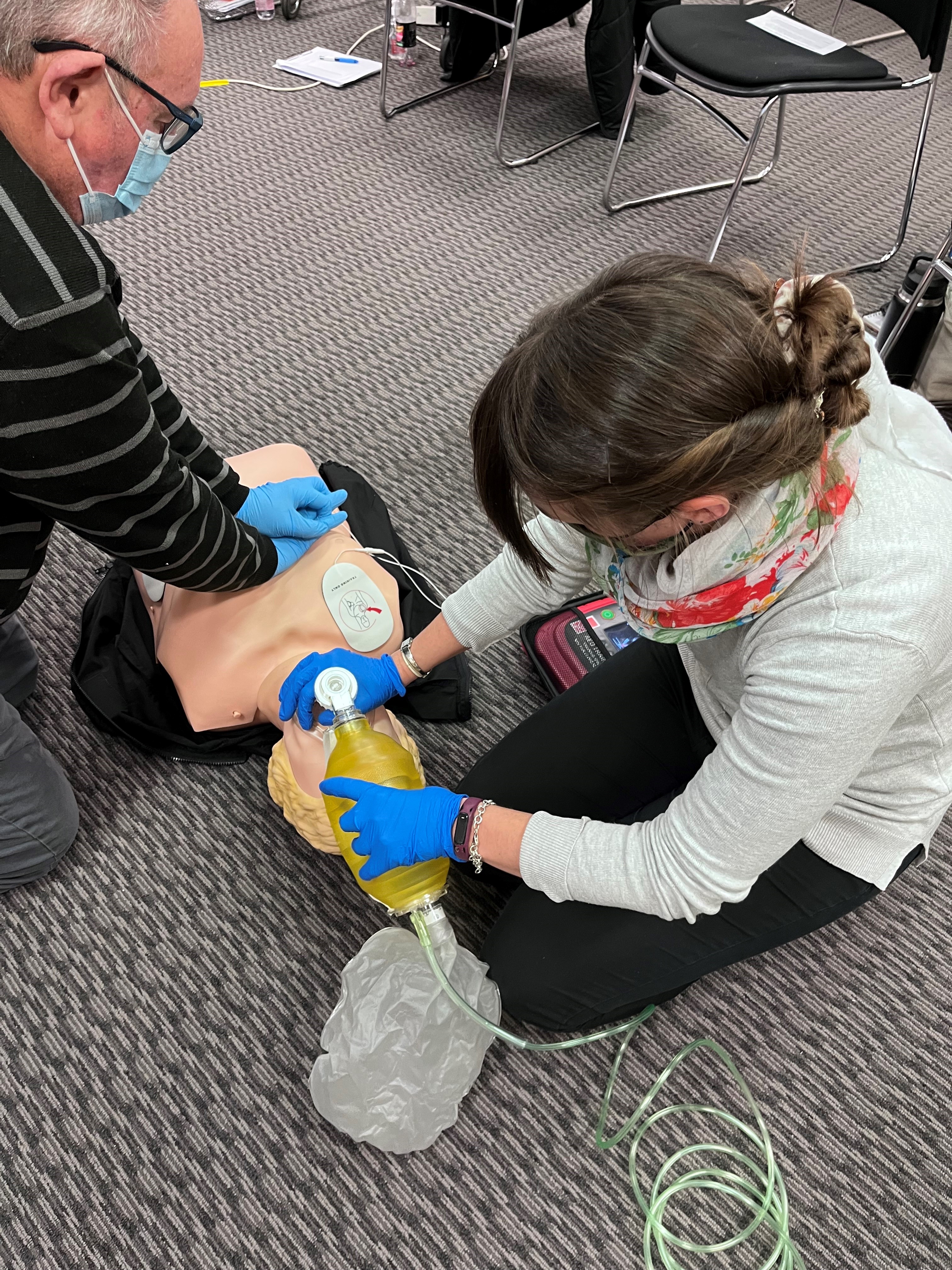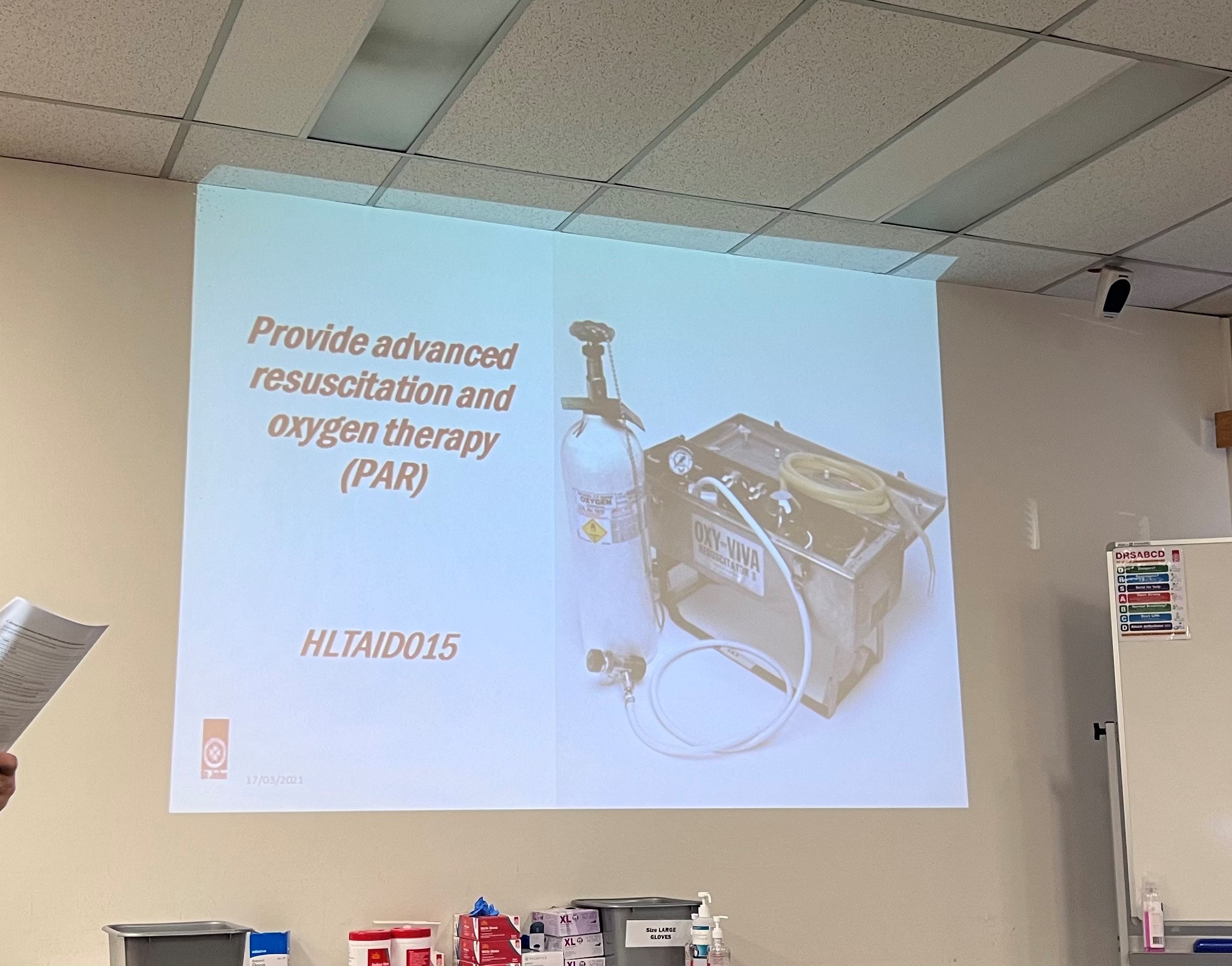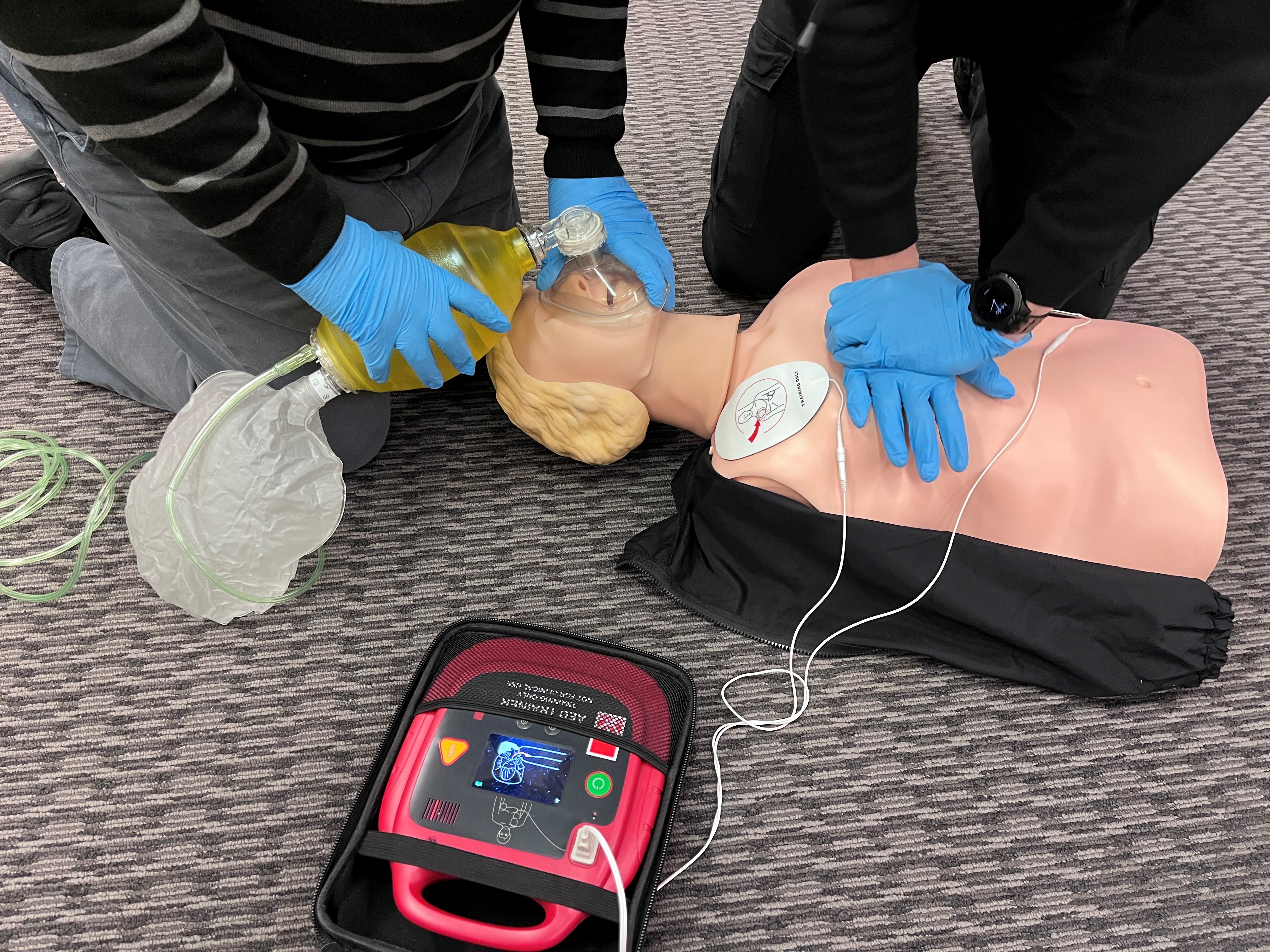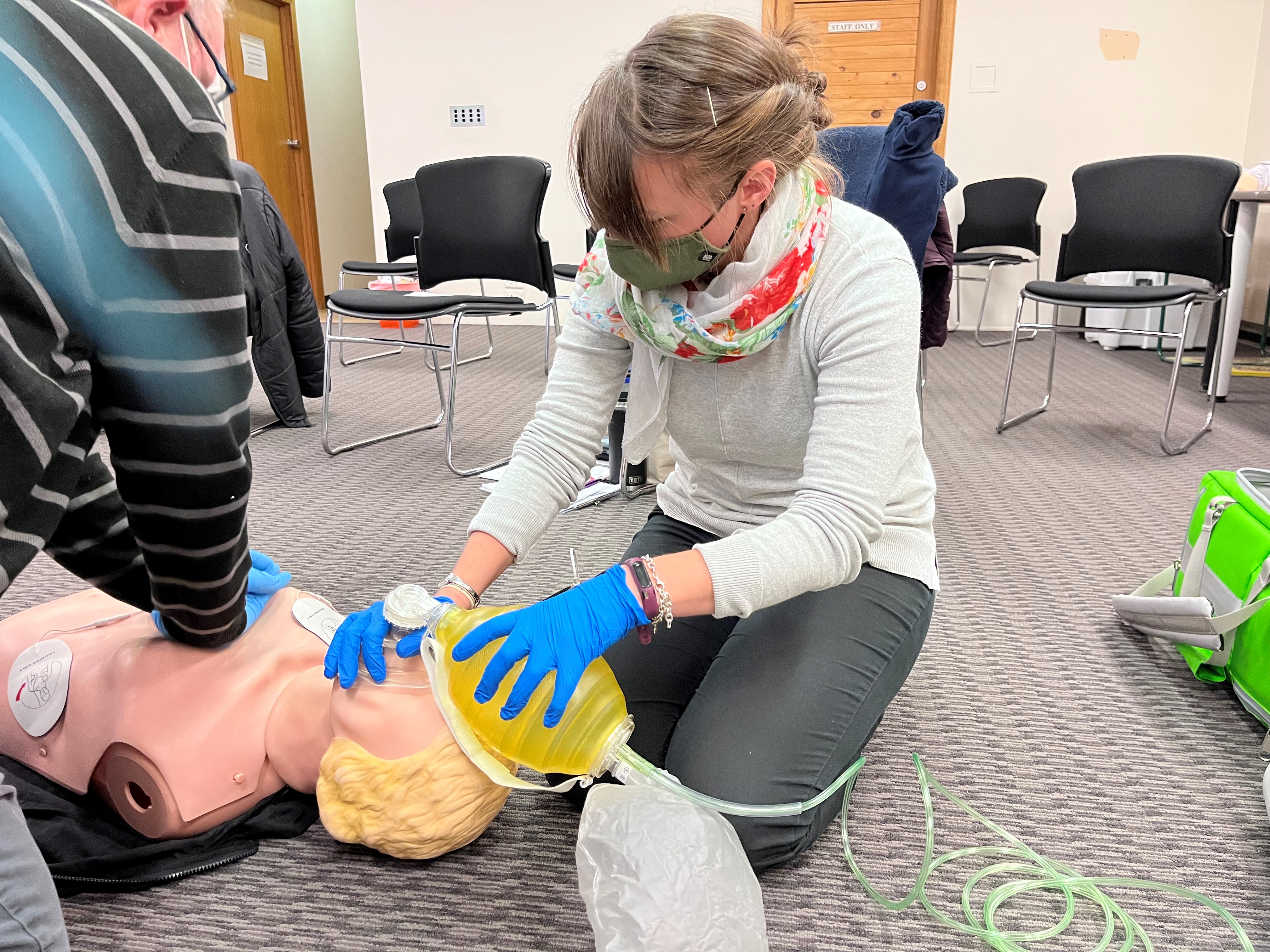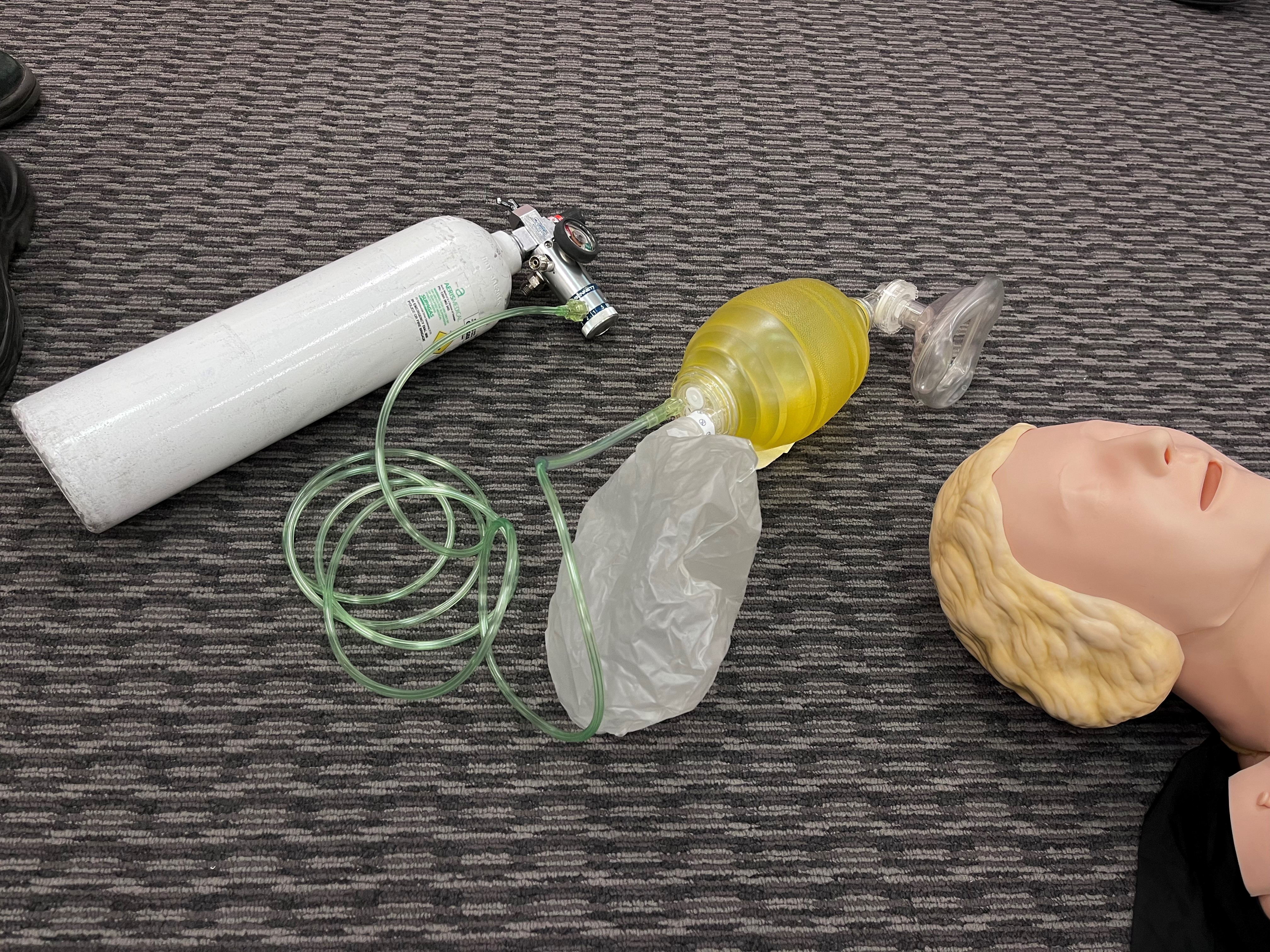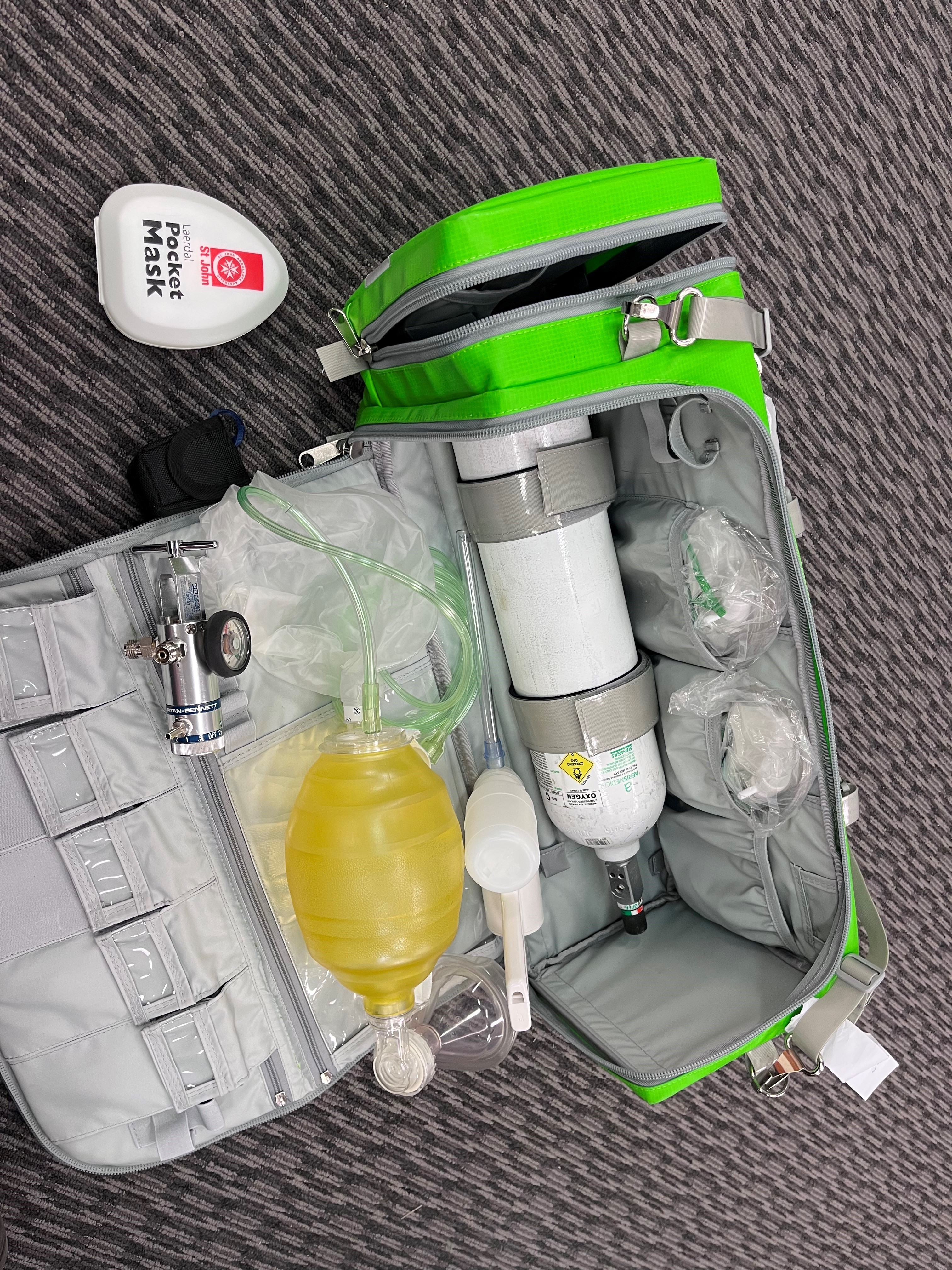

Volunteering with Professional Advantage
Recently, our team member Emma utilised her VTO (volunteer time out) for her volunteering with St John Ambulance.
One of the many facets of St John involves providing first aid / medical support at events. To maintain the first aid skills and competency, and ultimately the clinical level, of St John volunteers, they need to attend training courses and regularly complete certain qualifications. For example, annually they need to complete ‘Provide cardiopulmonary resuscitation’ (HLTAID009) (as should every member of the public, not just St John volunteers); to administer pain relief at an event ranging from paracetamol to methoxyflurane (the green whistle), they need to annually complete the qualification ‘Provide pain management’ (PUAEME005A); and to administer a patient with oxygen or apply a tourniquet, they need to annually complete the qualification ‘Provide advanced resuscitation and oxygen therapy’ (HLTAID015).
"The great thing about volunteering with St John is you practice your skills all the time. A lot of first aid treatments are now second nature to me, which gives me the confidence to step into a first aid situation without hesitation. This is why people are encouraged to attend courses and refresh their skills so they aren't afraid to help if needed. That, and sometimes first aid practices change!
Regularly practicing first aid also instills certain habits in you: when out and about, without even realising, I look for where the nearest defibrillator is; where first aid kits are; and any potential hazards, the injuries associated, and what I could do in that scenario." said Emma.
One of these training courses—Provide advanced resuscitation and oxygen therapy—fell on a work day, so PA's VTO scheme meant that Emma was able to attend.
During the course, the group had a refresher of DRSABCD; practiced inserting an OPA (oropharyngeal airway) into a patient—don’t worry, this was done on a manakin; administered oxygen in a CPR setting; administered oxygen as therapy for a conscious patient; and practiced dealing with major bleeds with a tourniquet or haemostatic dressing.
"Having and maintaining first aid skills (especially CPR) is so important. I am lucky that I have rarely had to utilise my skills outside of a volunteering environment, but it is so reassuring to me and those around me that if something was to happen, I would know what to do.
My first first aid certificate was completed for work with Professional Advantage, and this sparked an interest in developing these skills and knowledge. When was the last time (if ever) that you took a first aid course? Would you know how to give someone CPR? Do you know the signs of a stroke? How bad does a burn need to be to seek medical attention?
Whether you do it for work, home, or just to know what to do if someone (family, friends, or yourself) has an accident, I greatly encourage everyone to (regularly) complete a first aid course. I hope you never have to use those skills, but if you do, you could be the difference between life and death."
